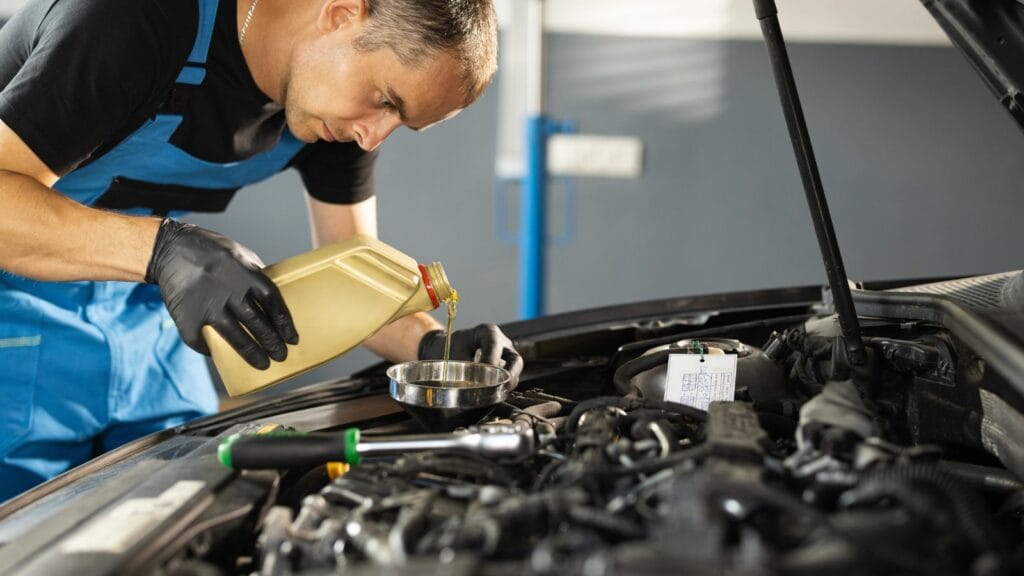Every driver has heard a “golden rule” about cars from a friend, uncle, or neighbour who swears by it. The problem is, many of these so-called rules are nothing more than myths. They sound convincing, but they either haven’t been true for decades or never were in the first place. Mechanics hear them daily and often roll their eyes. Here are 10 car myths that pros really wish you’d stop believing.
You Need to Warm Up Your Car for 10 Minutes in Winter
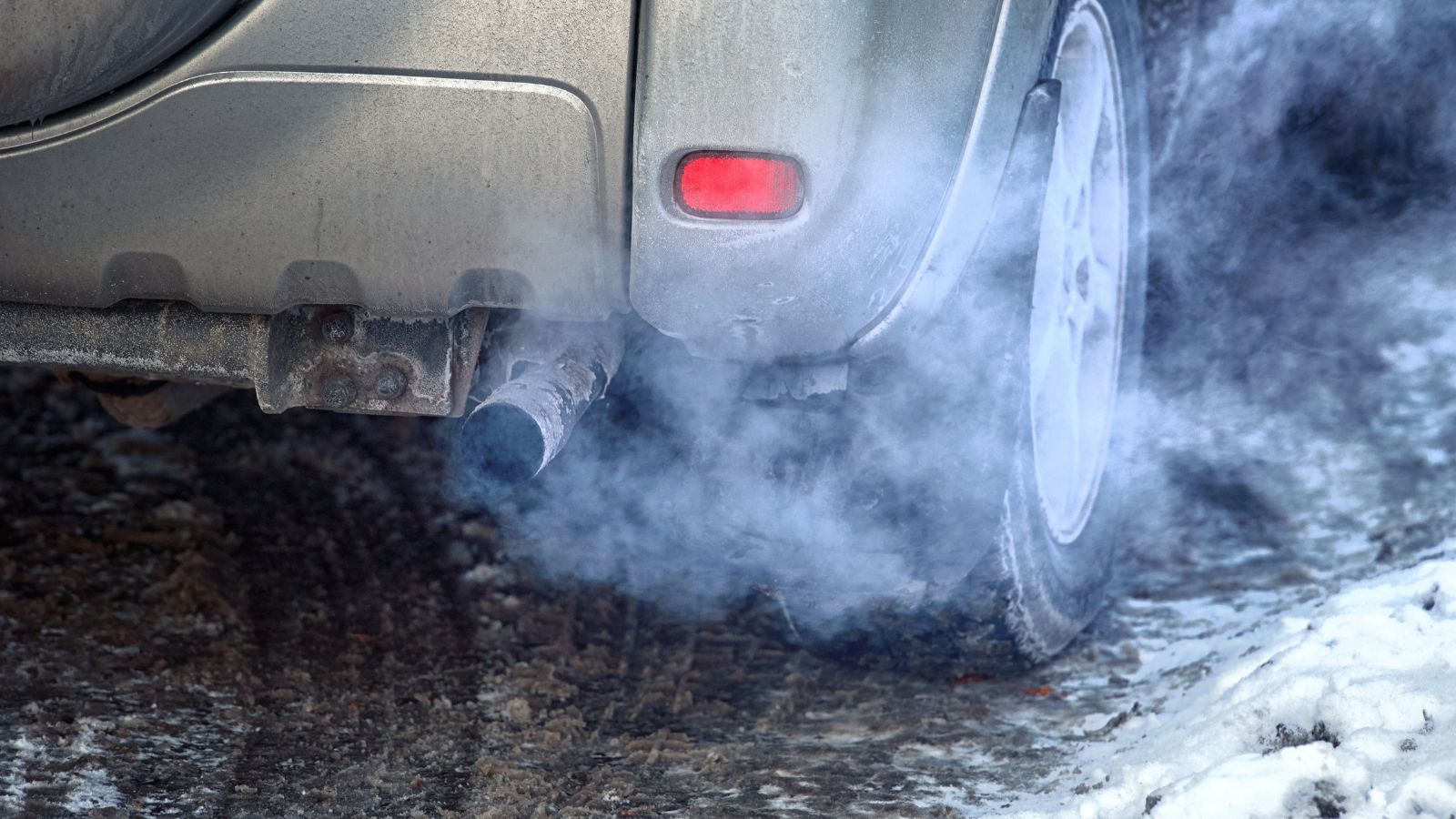
This advice made sense back in the days of carburetors. Engines then needed time to balance fuel and air, and oil took longer to circulate. But with modern fuel injection, computers instantly adjust mixtures for temperature. All your car needs is 30 seconds for oil to get moving. Mechanics laugh when customers brag about letting their car “idle for 15 minutes to be safe”—all they did was waste gas. The smarter move is gentle driving to warm the engine naturally.
Premium Gas Always Makes Your Car Run Better
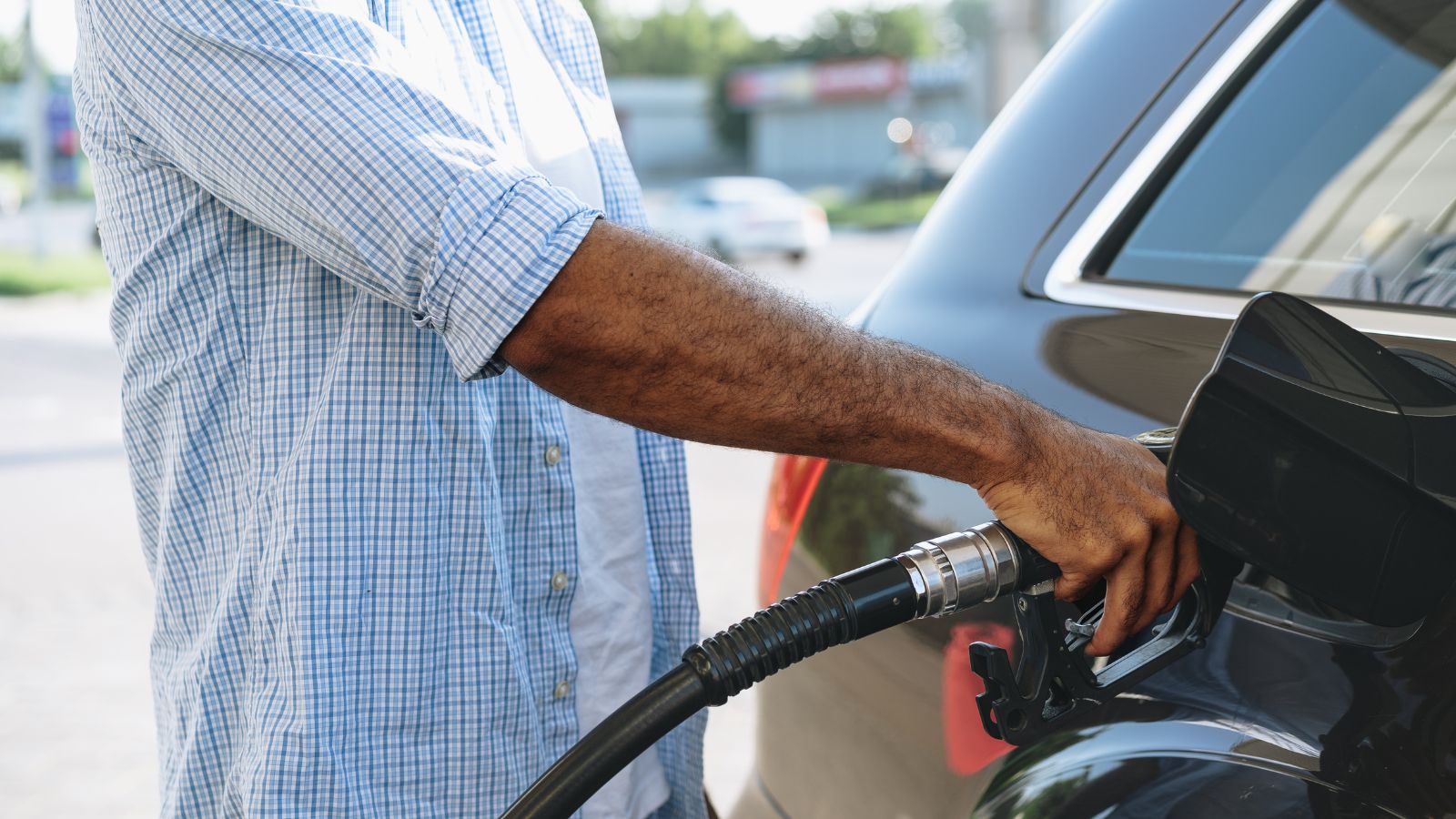
Unless your car specifically requires premium fuel, you’re just donating money to the oil companies. Premium gas has a higher octane rating, which prevents knocking in turbocharged or high-compression engines. But if you’re driving a standard sedan built for regular, premium won’t improve power or mileage. Many mechanics have heard customers insist, “My Civic runs smoother on 91.” In reality, it’s more psychological than mechanical. The myth likely comes from muscle car days, when high-octane was truly necessary for performance engines.
Changing Oil Every 3,000 Miles Is Mandatory
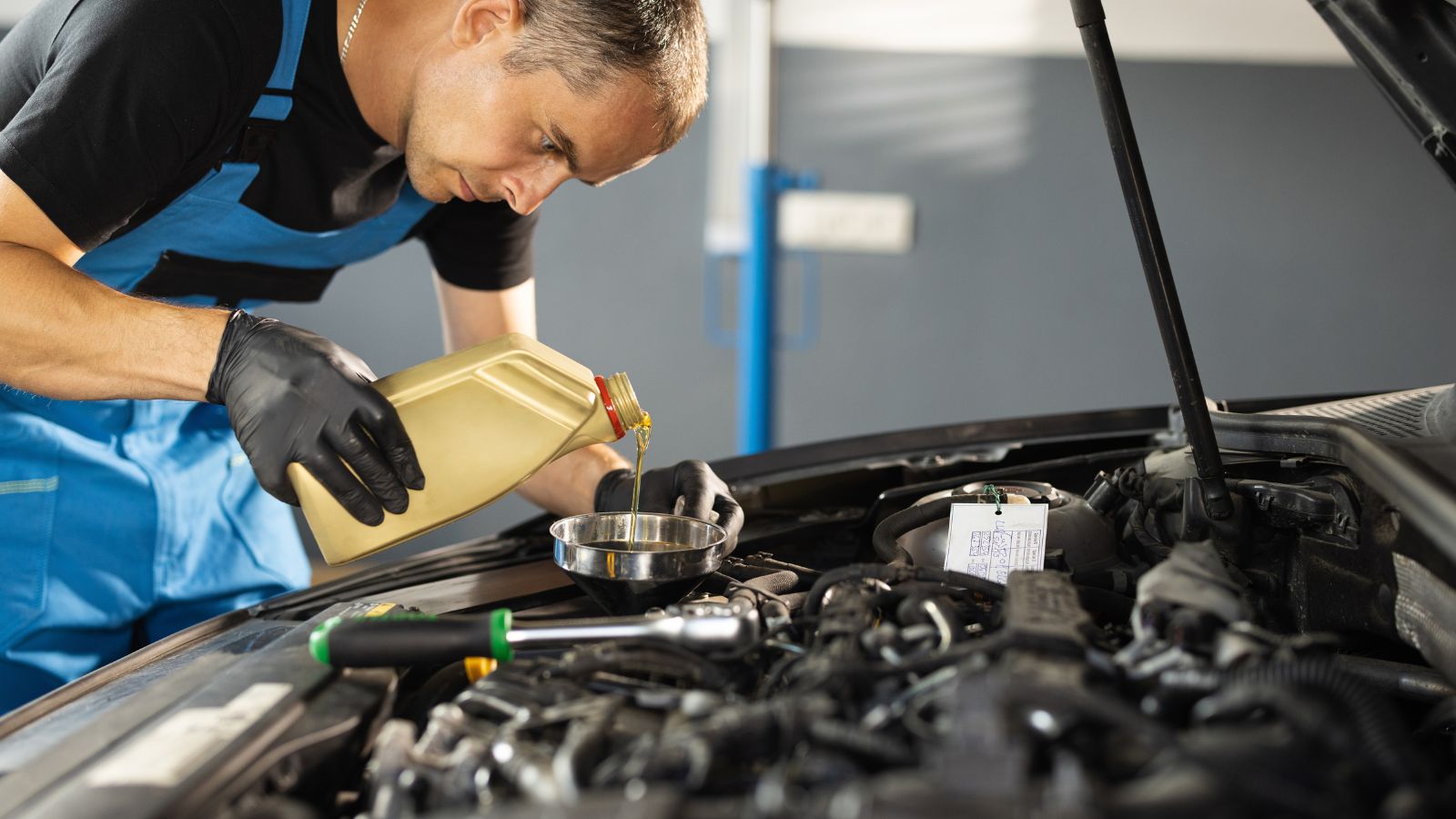
This is a classic example of a myth that shops themselves used to promote. For decades, “3,000 miles or three months” was drilled into drivers’ heads. But with modern synthetic oils and tighter engine tolerances, many cars can safely go 7,500 or even 10,000 miles before needing a change. A mechanic once joked that customers who changed oil every 3,000 miles were basically “subsidizing his coffee fund.” The origin lies in older oils that broke down quickly, but today it’s overkill.
Red Cars Get Pulled Over More Often
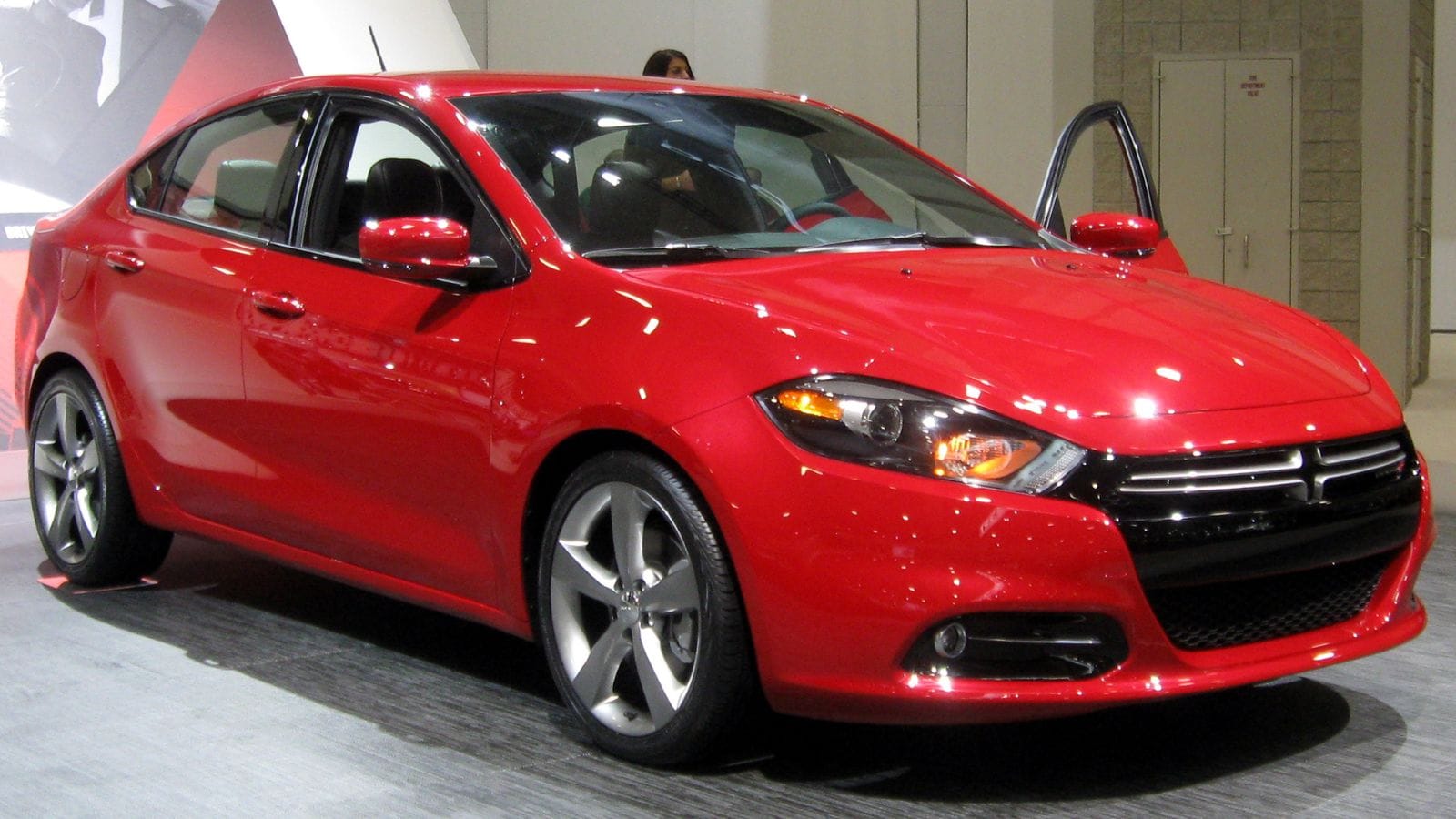
It sounds believable—red is flashy and grabs attention—but the stats don’t back it up. Insurance companies and traffic reports show that color has almost nothing to do with tickets. Speed, erratic driving, and vehicle type matter more. Still, mechanics hear customers claim they avoid red cars to “stay off the radar.” Ironically, it’s often the bright yellow, neon green, or loud exhaust cars that police notice. The red car myth has hung around since the 60s, when sporty red Mustangs became symbols of youthful rebellion.
You Can Wash Your Car Too Often
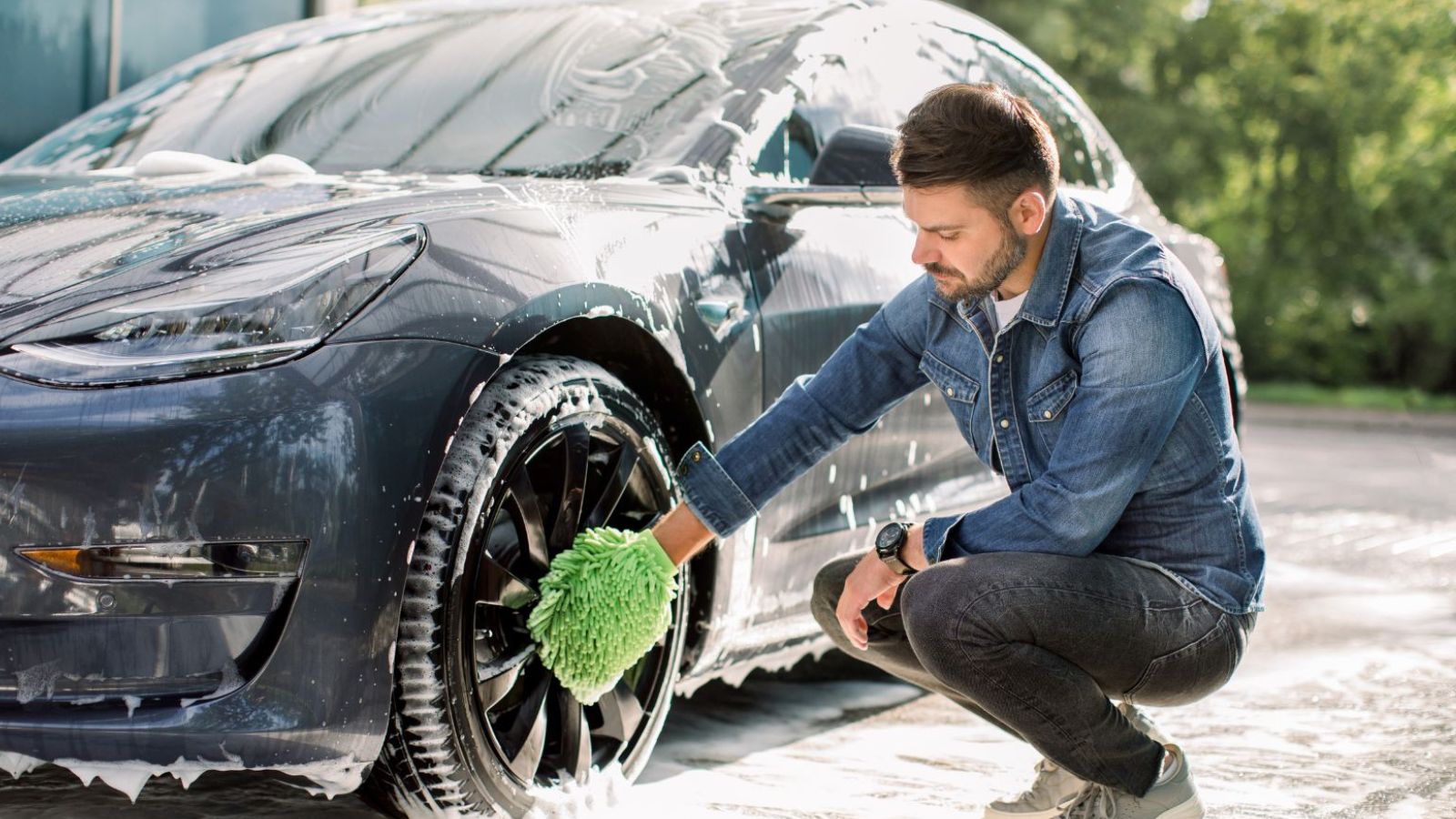
Some folks believe frequent washing strips paint or wax. The truth? It’s dirt, bird droppings, and road salt that do the real damage. Regular washes protect your finish and extend paint life, especially if you live in snow country where salt eats metal. Mechanics have seen cars with rusted-out rocker panels that could’ve been saved by a garden hose once a week. The myth dates back to harsh soaps of decades past, but modern car wash products are safe.
Manual Cars Always Get Better Gas Mileage

In the 80s and 90s, this was true—automatics were clunky with fewer gears. Today, with CVTs and advanced automatics, the tables have turned. A Toyota Corolla with a CVT will often out-mileage the stick shift version. Mechanics often smile when older drivers insist, “Manuals always save gas.” In reality, you might enjoy more engagement, but your wallet won’t thank you at the pump. The myth lingers because older drivers remember an era when automatics were fuel hogs.
Topping Off Gas After the Pump Clicks Saves Money
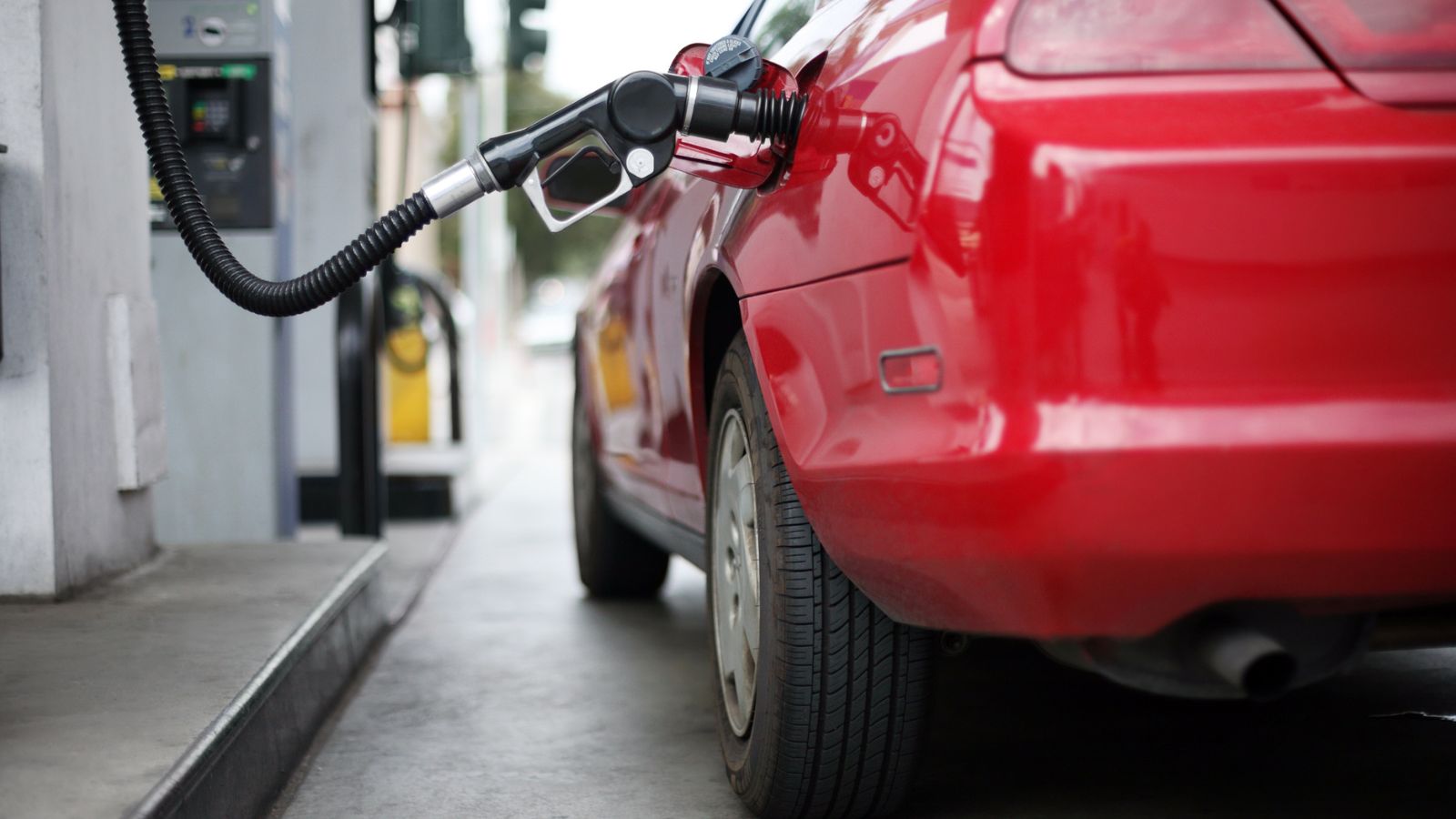
People love the idea of squeezing every last drop into the tank. Mechanics warn against it constantly. Overfilling can damage the evaporative emissions system by flooding the charcoal canister, leading to costly repairs. What usually happens is gas overflows or evaporates. A mechanic once said he knew who topped off by the fuel smell clinging to the car’s wheel well. The myth persists because decades ago pumps weren’t as precise, and a little extra sometimes fit—today, it’s just wasteful.
All Tires Should Be Inflated to the Number on the Sidewall
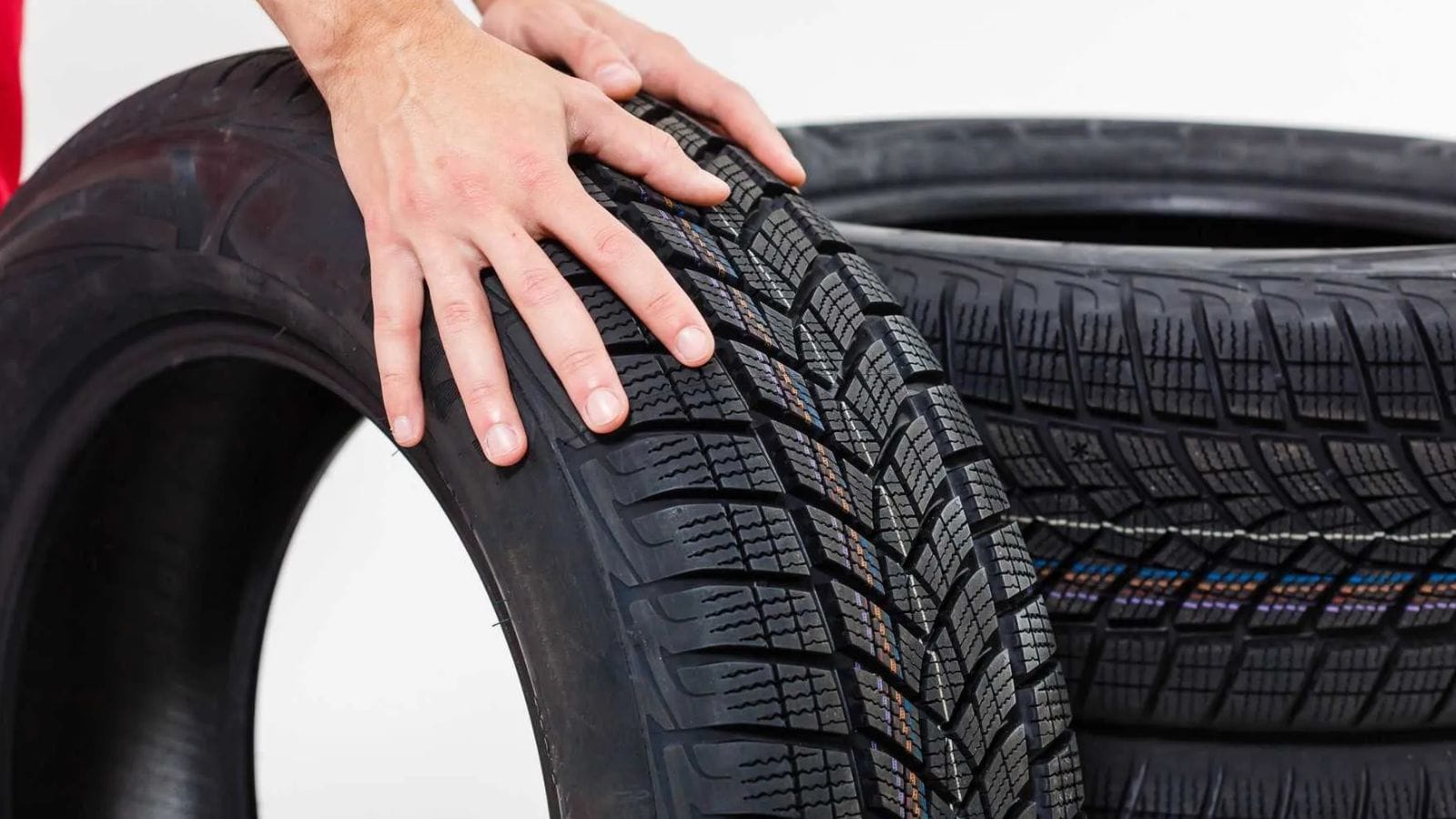
This one drives mechanics crazy. The number on the tire’s sidewall is the maximum safe pressure, not the recommended one. The correct PSI is listed inside the driver’s door. Running on sidewall max can make your ride harsh, reduce grip, and wear out tread unevenly. Shops constantly see customers roll in with rock-hard tires and wonder why their cars slide in the rain. The myth survives because the sidewall number is easy to see, while the real info takes a quick glance at the door jamb.
You Can Save Gas by Coasting in Neutral
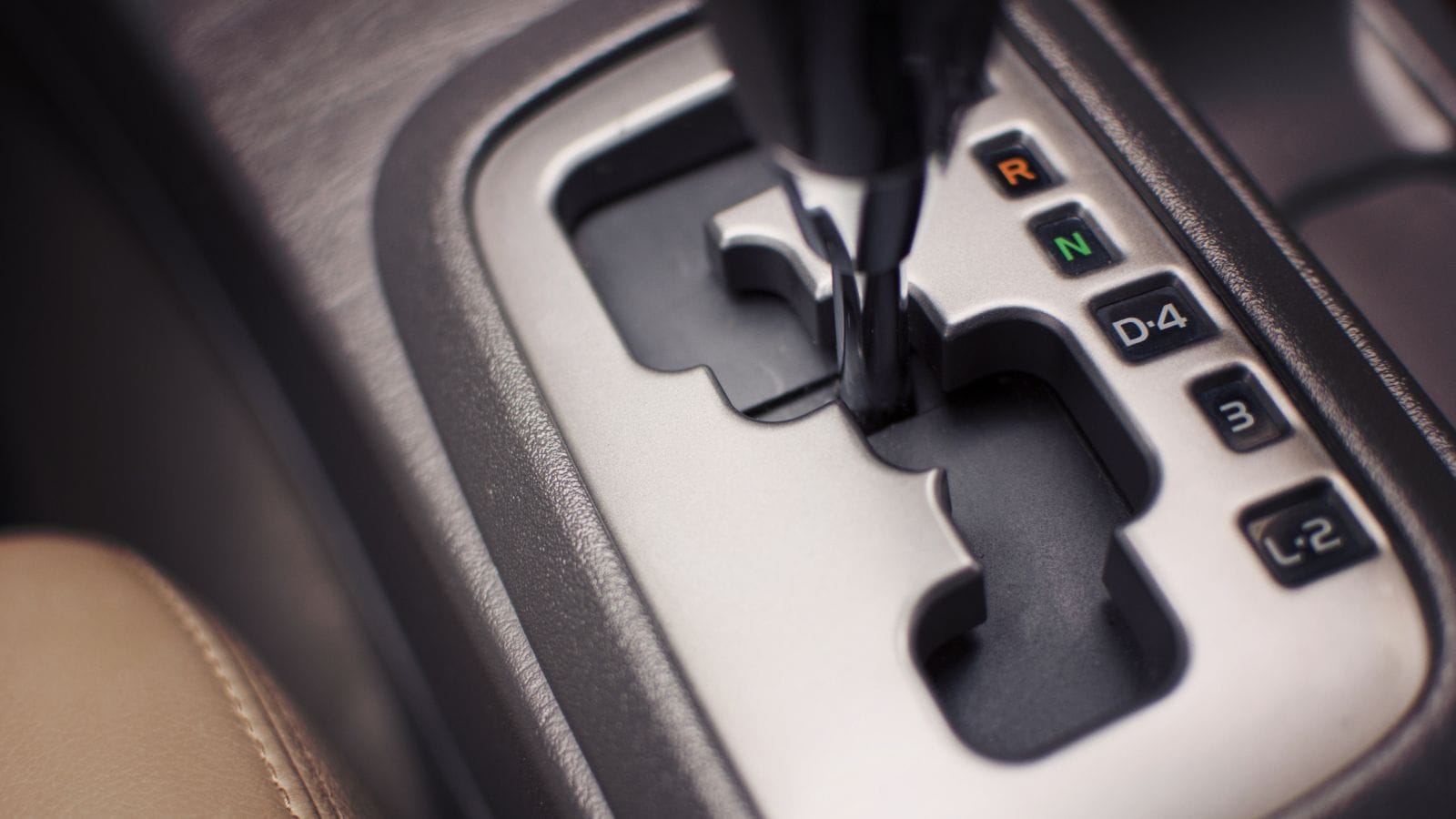
It sounds clever, but modern cars are smarter than that. When you’re coasting in gear, most fuel-injected engines shut off fuel delivery completely. In neutral, the engine idles and burns gas. Worse, it reduces control, since you can’t accelerate quickly if needed. Mechanics often hear people brag about “coasting downhill to save gas” but the computers have already outsmarted that trick. The myth comes from carburetor days, when fuel flow worked differently. Today, it’s just unsafe and outdated.
More Frequent Tune-Ups Keep Cars Healthier
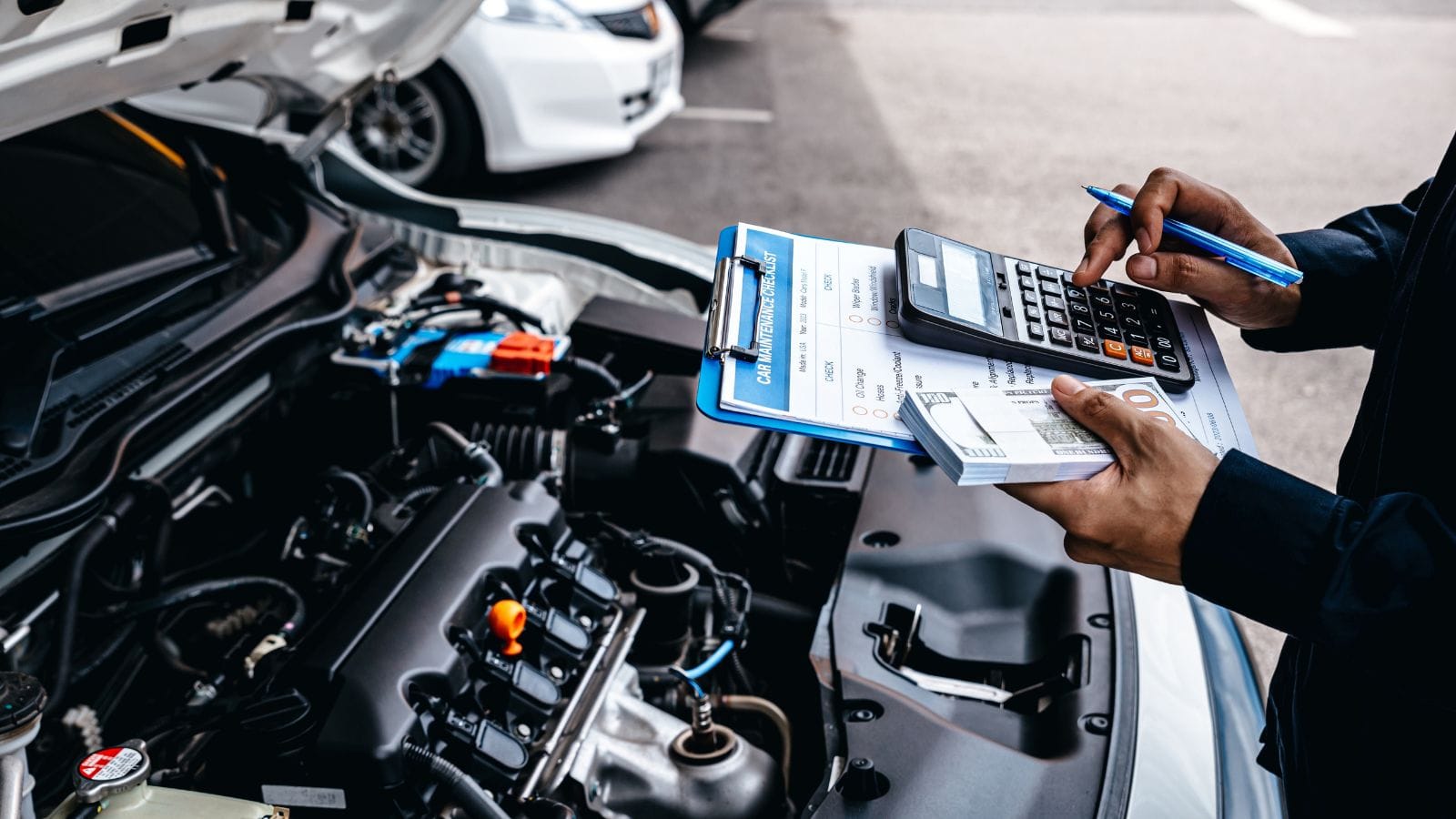
Back in the 70s, a tune-up meant replacing plugs, adjusting timing, and fiddling with carburetors. Now, most cars have long-life spark plugs, coil packs, and electronic ignition that can last 100,000 miles. A mechanic explained it best: “There is no such thing as a yearly tune-up anymore—it’s called following the maintenance schedule.” Shops see customers waste money on unneeded parts because they cling to the myth. The origin? Older cars really did need constant attention, but modern engineering solved that.
25 Facts About Car Loans That Most Drivers Don’t Realize

Car loans are one of the most common ways people fund car purchases. Like any other kind of loan, car loans can have certain features that can be regarded as an advantage or a disadvantage to the borrower. Understanding all essential facts about car loans and how they work to ensure that you get the best deal for your financial situation is essential. Here are 25 shocking facts about car loans that most drivers don’t realize:
25 Facts About Car Loans That Most Drivers Don’t Realize
